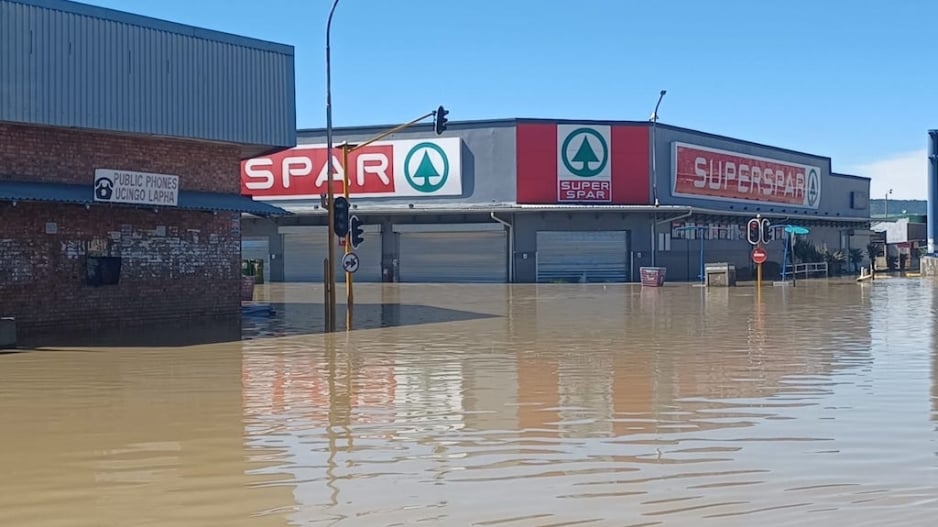By Akani Nkuna
In response to recent disasters, the government has disbursed R1.444 billion to support immediate relief and recovery efforts in affected provinces.
The funds will be used to repair damaged infrastructure, restore essential services and aid local communities.
Cooperative Governance and Traditional Affairs Minister Velenkosini Hlabisa told reporters on Monday that the funds would complement provincial budgets.
“CoGTA has for the financial year 2024/25 already disbursed an amount of R1.444 billion to ensure immediate relief and reconstruction in the most affected areas. These funds will support a wide range of urgent interventions – from repairing damaged infrastructure and restoring basic services to supporting schools, clinics and local economies,” said Hlabisa.
On 6 February 2025, R149 million was allocated to provincial departments in the Eastern Cape, KwaZulu-Natal, Mpumalanga and Limpopo for infrastructure repairs following floods, heavy rains and strong winds.
Earlier this year, the National Disaster Management Centre (NDMC) requested additional funding from the National Treasury for unavoidable and unforeseeable disasters. The Western Cape received R947 million in February.
On 24 March 2025, disaster response grants totalling R97 million were allocated to KwaZulu-Natal, Mpumalanga and the Free State.
“The issues we are facing underscore the urgent need for improved governance, better project planning and enhanced oversight, along with stronger accountability at all levels of implementation.
“The department in collaboration with relevant departments and the Municipal Infrastructure Support Agent (MISA) is intensifying efforts to assist municipalities and provinces in addressing these challenges,” Hlabisa added.
He highlighted ongoing challenges hindering the effective use of infrastructure grants across municipalities and provinces, noting these obstacles reduced the grants’ impact and disrupted essential service delivery.
Issues included poor planning, limited MISA and sector department involvement, misuse of funds, delays in appointing service providers, project scope alterations and substandard workmanship, which he said all required urgent intervention.
Furthermore, Hlabisa said that weak oversight and poor contract management led to project failures, while inadequate design compromised infrastructure integrity, making it vulnerable to damage.
Delays in sectoral projects hindered service delivery and unspent funds were reverted to the Treasury.
He said weak reporting and accountability undermined transparency at both municipal and provincial levels.
Hlabisa stated that CoGTA appreciated the allocation of funds but acknowledges that there have cases where they were misused. To resolve this, strict conditions and compliance measures have been put in place for the proper utilisation of these grants.
“There are key conditions attached to the Municipal Disaster Recovery Grant (MDRG). These conditions are crafted to ensure the effective and accountable use of funds allocated to municipalities for disaster recovery and response in accordance with applicable legislation and frameworks,” he said.
Municipalities receiving funding must comply with the 2023 Division of Revenue Act, ensuring funds were used exclusively for disaster recovery.
Strict reporting protocols have been implemented, including monthly, quarterly and final reports that must be submitted to the NDMC via provincial disaster management centres.
“We will follow these funds and consequent management will be instituted where deviations or mismanagement of funds will used as per the Division of Revenue Act and other applicable regulatory frameworks,” said Hlabisa.
INSIDE POLITICS

